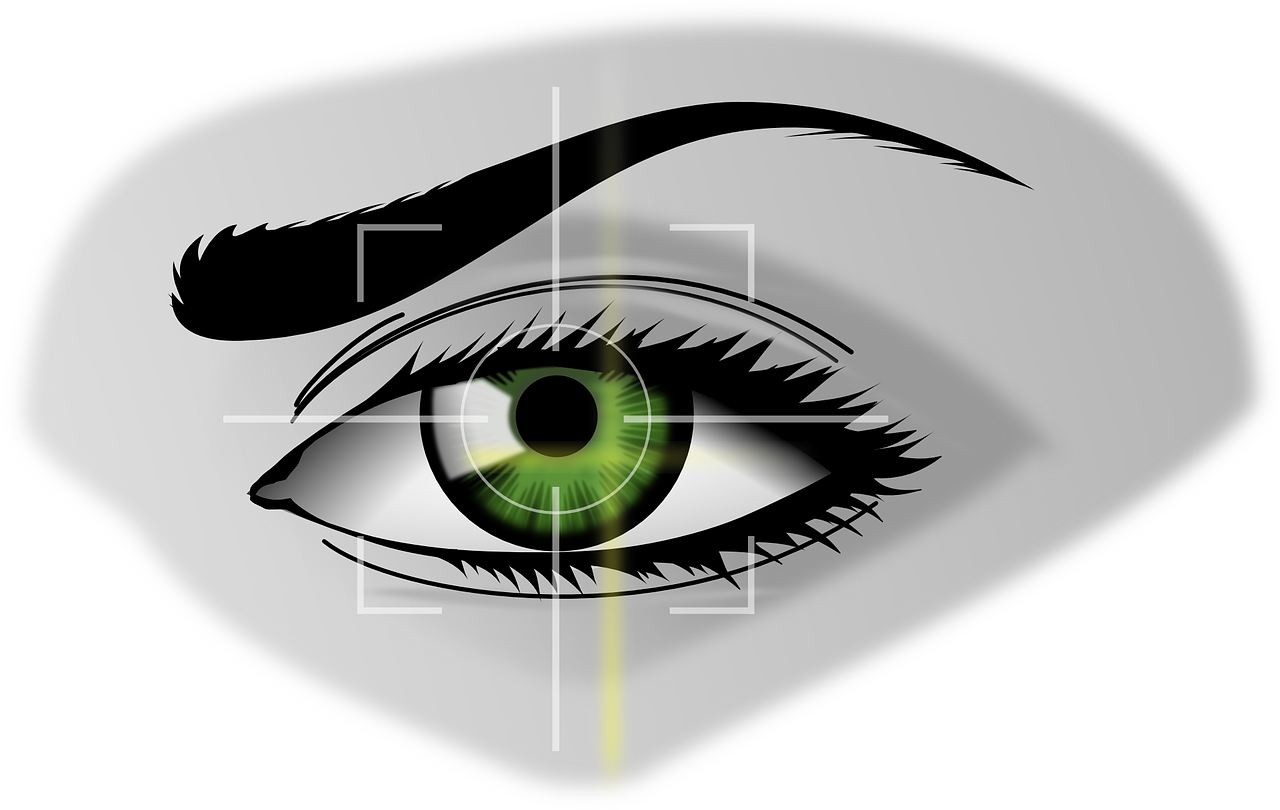How do you fancy having your brainwaves scanned next time you go to a conference to see if you are enjoying it? That is what Qhotels Young Event Profs Panel and expert futurist Ian Pearson said could be one of the things shaping the conference and event industry in the next five years.
At the beginning of the year you couldn’t scroll through Twitter without seeing a blog post on ‘event tech trends’. Technology is ever changing and the effect it will have on the C&E industry is yet to be seen, as the one thing with implementing new tech, is that it can be expensive and depending on the type of event you are having, it may not be suitable your guests.
THE MAIN FINDINGS OF THE PANEL:
Tighter security at events
Due to the number of events that have needed heightened security across the world in the past year, it is not surprising that events will put a tighter control on security. It is suggested that the use of airport style body scanners and facial and iris scanners could be used to confirm your identity when entering events.
Bio-metric monitoring for instant feedback
As stated at the beginning it is thought that monitoring people’s brain waves or using iris scanners could help develop an event and, I quote:
“allow organisers and event presenters to make live changes to content and even itineraries”
because you will have attendees instant feedback on attendee’s enjoyment and engagement levels. (Source: QHotel Marketing)
It would be great if events could be changed and edited like an Instagram picture to make attendees happier but in reality, the thought of changing aspects of an event – be it a speaker, the activities – isn’t actually possible. You will have printed schedules and lists of activities and some people will be expecting to turn up to an event they booked on for.
Source: Wired
Payment
The third thing discussed was the evolution of contactless payments made by wearable and implanted technology. Personally, as someone under 25 who even had reservations about contactless cards, the thought of epidermal tech is something I don’t expect to take off especially due to the fact that between 3.5 % to 10% of the population have a fear of injections to some extent. (Source: Anxiety UK)
Travel
Something I agree with. The panel spoke about the improvements in public transport and drop in vehicle ownership and I think even more could be done to improve public transport around the UK, and if we could get more people travelling to events together, even better.
Also, discussed was the use of virtual reality (VR) which could stop transport all together. International meetings and conferences could really benefit from the use of VR as there won’t be the need to fly.
What needs to be remembered is that none of this tech was designed specifically for events industry but people are trying to work out how it could be adopted into the C&E industry and as QHotels' Director of Marketing, Claire Rowland, said: "Conferences and events have remained largely unchanged in their format for many years”. In my opinion whether you use body scanners to check people into an event or make people pay for things using a handshake doesn’t take away from the format of an event, just adds something to differentiate themselves from other events.
It’s worth event organisers remembering though that not everyone is comfortable using technology and events do need to be inclusive, so don’t alienate your audience just to be at the cutting edge of event tech.
It will be interesting to see in five years if any of the things that the panel discussed will be the new norms of conference and events.
Written by Zoe Jagoe-Williams, Event Co-ordinator at Grapevine Event Management.






